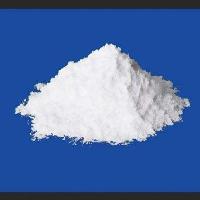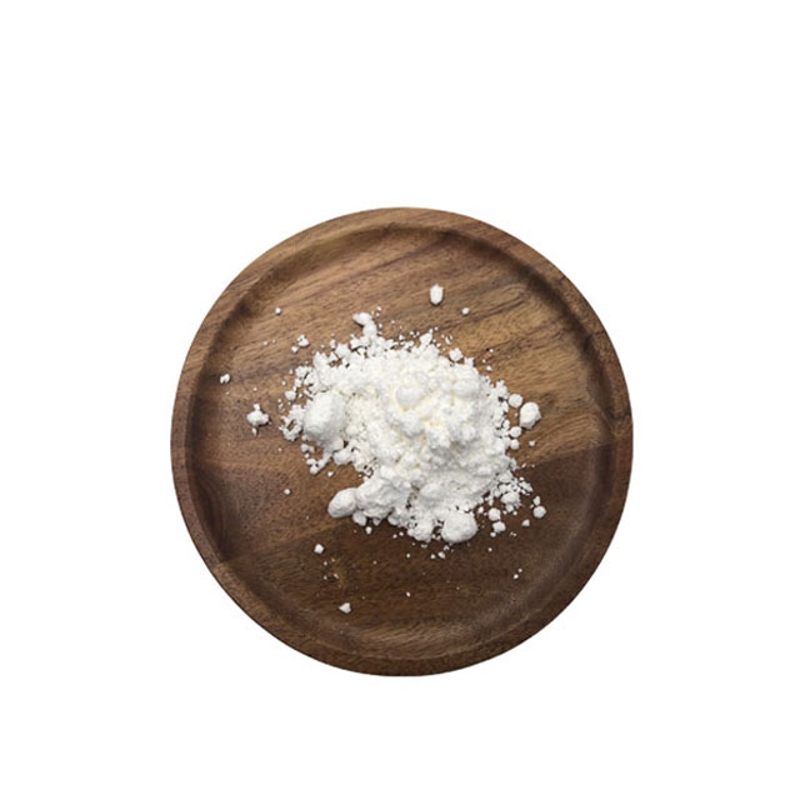-
Categories
-
Pharmaceutical Intermediates
-
Active Pharmaceutical Ingredients
-
Food Additives
- Industrial Coatings
- Agrochemicals
- Dyes and Pigments
- Surfactant
- Flavors and Fragrances
- Chemical Reagents
- Catalyst and Auxiliary
- Natural Products
- Inorganic Chemistry
-
Organic Chemistry
-
Biochemical Engineering
- Analytical Chemistry
-
Cosmetic Ingredient
- Water Treatment Chemical
-
Pharmaceutical Intermediates
Promotion
ECHEMI Mall
Wholesale
Weekly Price
Exhibition
News
-
Trade Service
For hormone receptor-positive (HR+) and HER2-negative (HER2-) metastatic breast cancer , the current recommended standard treatment is endocrine therapy (ET) combined with CDK4/6 inhibitor (CDK4/6i)
.
However, the optimal treatment for progression after CDK4/6i treatment is unclear
For hormone receptor-positive (HR+) and HER2-negative (HER2-) metastatic breast cancer , the current recommended standard treatment is endocrine therapy (ET) combined with CDK4/6 inhibitor (CDK4/6i)
This is a multi-center, open-label Phase I/II clinical study
.
The phase I study determined the maximum tolerated dose (MTD) of ribociclib, exemestane, and everolimus, defined as dose-limiting toxicity in <30% of patients
This is a multi-center, open-label Phase I/II clinical study
A total of 104 patients with endocrine resistance (all women) were enrolled, of which 25 cases were included in the phase I study, and 79 cases were included in the phase II study
Research Overview
Research Overview95 patients who were resistant to previous endocrine therapy can be evaluated for efficacy, and the CBR at week 24 was 41.
1% (95% CI, 31.
1-51.
6 )
.
The CBRs in the 24th week of the group 1 dose treatment and the group 2 dose treatment were relatively close, 44.
95 patients who were resistant to previous endocrine therapy can be evaluated for efficacy, and the CBR at week 24 was 41.
Efficacy evaluation
Efficacy evaluationIn the efficacy evaluation population, the median follow-up time was 3.
1 months, the median PFS was 5.
7 months (95% CI, 3.
6–9.
1 months); the 1-year PFS rate was 33.
4% (95% CI, 22.
8%–44.
4%) )
.
The median OS has not been reached at the time of data analysis
In the efficacy evaluation population, the median follow-up time was 3.
PFS
PFS104 patients were evaluated for safety.
The most common hematological adverse event (AEs) (and also the most common AEs in the overall population) was neutropenia (69.
2% for all grades; 51.
0% for grade 3/4)
.
Other common hematological or laboratory abnormalities include anemia (28.
104 patients were evaluated for safety.
Adverse events
Adverse eventsIn summary, the TRINITI-1 study shows that for patients with endocrine resistance HR+/HER2-advanced breast cancer who have progressed after treatment with CDK4/6 inhibitors (CDK4/6i), block CDK4/6 and PI3K/AKT/mTOR pathways It shows anti-tumor efficacy and safety, which is worthy of further exploration
.
.
The TRINITI-1 study showed that for patients with endocrine resistant HR+/HER2-advanced breast cancer who developed endocrine resistance after treatment with CDK4/6 inhibitors (CDK4/6i), they showed resistance to CDK4/6 and PI3K/AKT/mTOR pathway blockade.
Tumor efficacy and safety are worthy of further exploration
.
The TRINITI-1 study showed that for patients with endocrine resistant HR+/HER2-advanced breast cancer who developed endocrine resistance after treatment with CDK4/6 inhibitors (CDK4/6i), they showed resistance to CDK4/6 and PI3K/AKT/mTOR pathway blockade.
Tumor efficacy and safety are worthy of further exploration
.
Original source:
Original source:Aditya Bardia, Sara A Hurvitz, Angela DeMichele, et al.
Phase I/II Trial of Exemestane, Ribociclib, and Everolimus in Women with HR +/HER2-Advanced Breast Cancer after Progression on CDK4/6 Inhibitors (TRINITI-1).
Clin Cancer Res.
2021 Mar 15.
doi: 10.
1158/1078-0432.
CCR-20-2114.
Online ahead of print.
Phase I/II Trial of Exemestane, Ribociclib, and Everolimus in Women with HR +/HER2-Advanced Breast Cancer after Progression on CDK4/6 Inhibitors (TRINITI-1).
Clin Cancer Res.
2021 Mar 15.
doi: 10.
1158/1078-0432.
CCR-20-2114.
Online ahead of print.
Leave a message here







